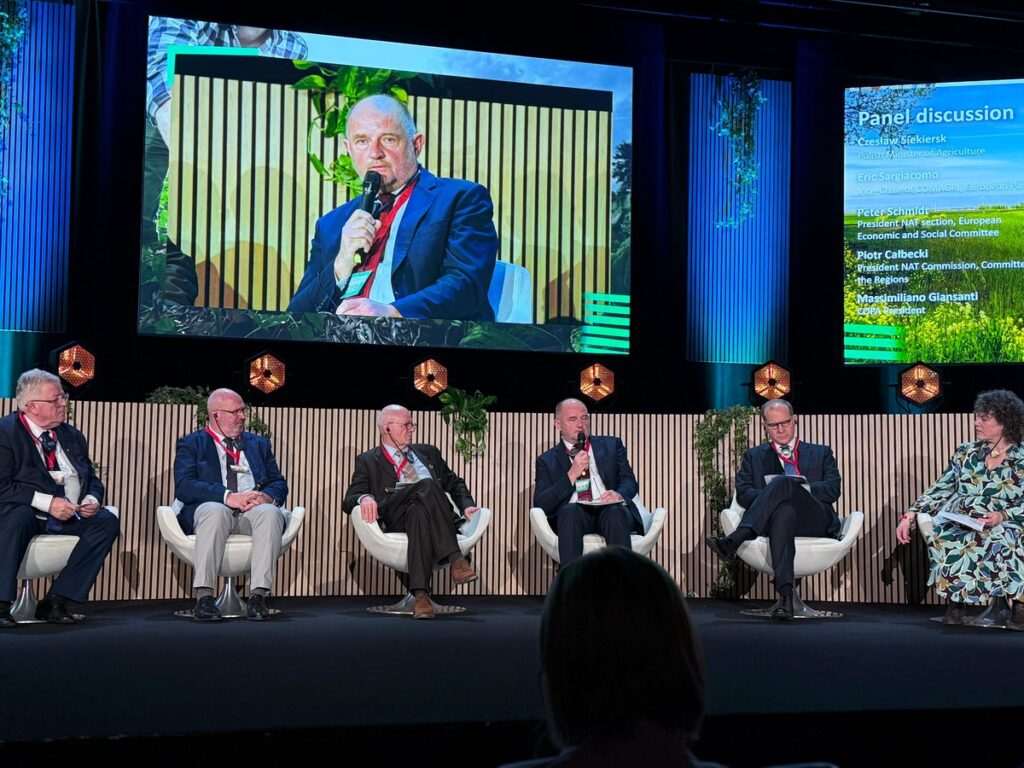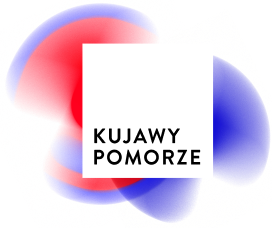
European Union opens dialogue with farmers
Today in Brussels, Marshall Piotr Całbecki participated in a conference on the future of the EU’s common agricultural policy and the agri-food sector, held at the initiative of the European Commission. We are following the public debate on this subject attentively, because the future of this segment of the economy is not only a matter for the countryside. It concerns us all – producers and consumers alike, as well as politicians and governments. The host of our region appealed to EU politicians to support the idea of involving the regions in responsibility for creating and implementing solutions for agriculture.
The conference, opened by EC President Ursula von der Leyen, is attended by EU agriculture ministers, academic experts, members of the European Parliament and the European Committee of the Regions and representatives of think tanks dealing with this issue, as well as representatives of agricultural, producer and consumer organisations, rural local communities and civil society organisations.
Addressing those present, the EC President stressed that the new directions of EU policy towards the food sector would be developed in dialogue with key stakeholders, including, above all, farmers. – It is you who will set the directions,’ she said. Speaking about the agricultural demands, which will certainly be taken into account, she mentioned, among others, simplification of procedures and reduction of bureaucracy when applying for EU subsidies, a system of incentives instead of a system of conditions, and measures for generational succession in agriculture.
EU Agriculture Commissioner Christophe Hansen, who then took the floor to open the first plenary session of the conference, focused, among other things, on conditions and tools that should curb the ageing and depopulation of the countryside and get young people into agriculture. Among the instruments under consideration at the EC are facilitated land purchases for livestock and arable farming, decent incomes and good living conditions in the countryside, high quality infrastructure. – Europe must no longer lose a single farm or piece of agricultural land, he stressed. He added that livestock farming needed to be rebuilt (meat production had recently been cut in many EU countries, with livestock numbers falling by up to 8 per cent in some countries) and agricultural direct payments needed to be rebuilt. ) and agricultural direct payments will remain one of the basic instruments of the common agricultural policy.
– Farmers need certainty in these uncertain times, said Polish Agriculture Minister Czesław Siekierski. In his speech, he focused on the positive changes in approach to the future of the Common Agricultural Policy, evident in the tone of Commissioner Christophe Hansen’s and President von der Leyen’s statements. He praised, among other things, the announcements of a strong dedicated budget for this segment of the EU’s policy, dialogue with farmers, tools to ensure a decent income for farmers, support instruments for networks of short food distribution chains, restoring the importance of livestock farming in EU agricultural production, strengthening market protection, support for innovation in agriculture.
Marshal Piotr Całbecki addressed the conference as chairman of the NAT committee of the European Committee of the Regions and rapporteur of the CoR’s own-initiative opinion on the future of agriculture in Europe.
– I am grateful that we can continue the debate on this issue. I am pleased to say that the EC has taken our opinion seriously – as can be seen from the statements made by the EC President and Commissioner Hansen. We have included all the important issues in this document – including food security, resilience to crises, the issue of subsidies (with a suggestion that the system of subsidies should have a mechanism protecting smaller farms), a guaranteed minimum income for farming families – said the host of our voivodship, who in the conclusion of his speech appealed for support for the idea of including regional authorities in Member States in the process of shaping and implementing the EU agricultural policy in the future.
Today’s conference was the first of the European debates on the future of rural areas, agriculture and food production in the Old Continent. They will result in the development of a policy in this field that will ensure food security for Europe and eliminate the axes of conflict between Brussels and farmers.
Beata Krzemińska
Spokesperson of the Marshal’s Office
8 May 2025


